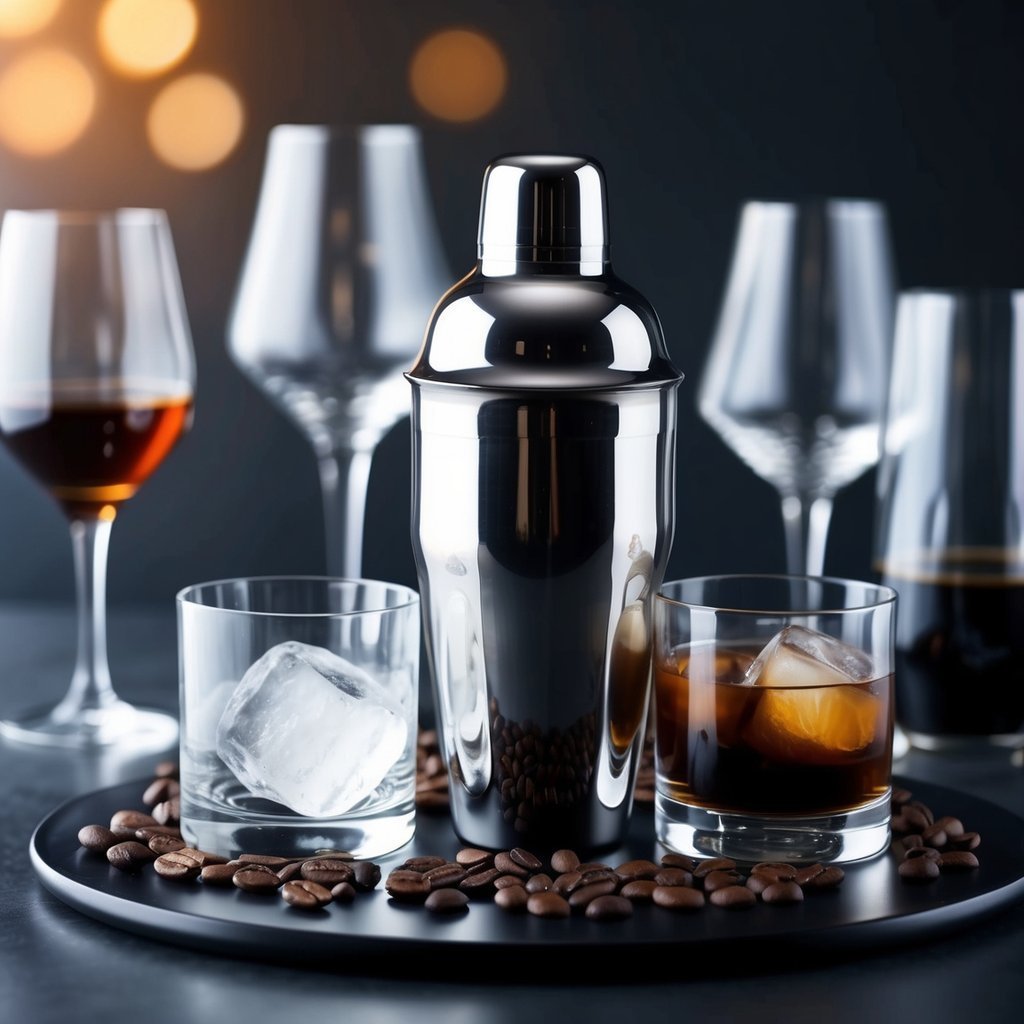Origins of the Black Russian
The Black Russian is a sophisticated cocktail that combines vodka and coffee liqueur.
Its creation in the late 1940s marked the beginning of a timeless classic that has since become a staple in bars worldwide.
• 2 oz vodka
• 1 oz coffee liqueur
• Ice cubes
To make a Black Russian, you’ll fill an old-fashioned glass with ice cubes.
Pour the vodka and coffee liqueur over the ice, then gently stir to combine the ingredients.
It’s a simple yet elegant drink that’s perfect for sipping.
Creation at Hotel Metropole
The Black Russian’s story begins in Brussels, Belgium, at the luxurious Hotel Metropole.
This grand establishment, known for its opulent decor and high-profile guests, provided the perfect backdrop for the birth of a new cocktail.
In 1949, as Europe was recovering from World War II, the hotel became a hub for diplomats, entertainers, and affluent travelers seeking a taste of luxury.
The drink quickly gained popularity among the hotel’s international clientele.
Its dark, mysterious appearance and smooth taste appealed to those looking for a sophisticated beverage.
The simplicity of the Black Russian also contributed to its rapid spread beyond the hotel’s walls, as bartenders could easily recreate it in other establishments.
Gustave Tops and the Classic Recipe
Gustave Tops, a Belgian bartender, worked at the Hotel Metropole and is credited with inventing the Black Russian.
Tops was known for his creativity behind the bar and his ability to craft drinks that catered to the tastes of the hotel’s diverse guests.
The story goes that Tops created the Black Russian for Perle Mesta, the American ambassador to Luxembourg at the time.
He combined vodka, which was gaining popularity in the West, with coffee liqueur to create a drink that was both strong and smooth.
The recipe’s simplicity – just two ingredients – made it easy to remember and replicate.
Tops’ creation quickly became a hit, not just with Ambassador Mesta but with other patrons as well.
The drink’s name, “Black Russian,” likely came from the use of vodka (often associated with Russia) and the dark color imparted by the coffee liqueur.

